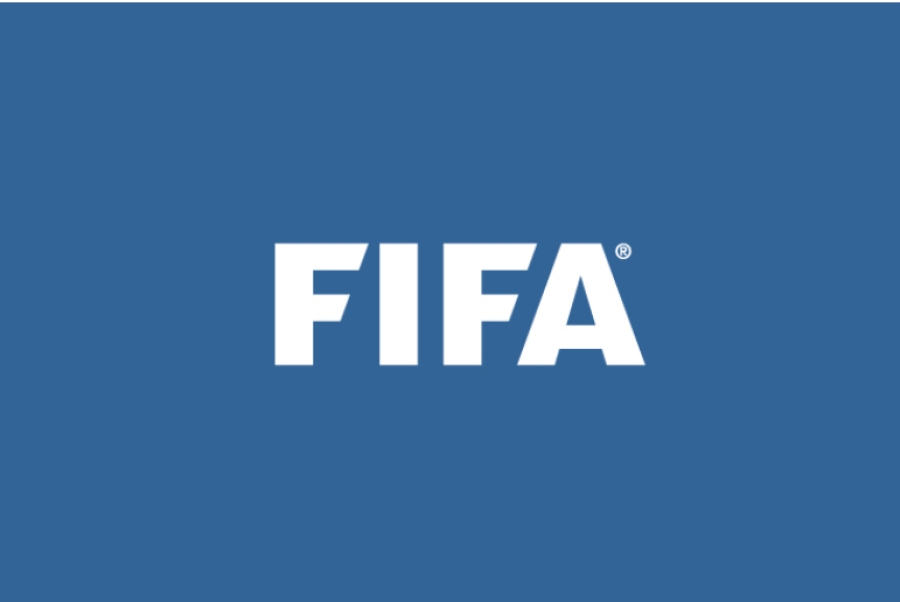Circular no. 1876 - National Dispute Resolution Chamber: new Recognition Principles and Standard Regulations
TO THE MEMBER ASSOCIATIONS OF FIFA
Circular no. 1876
Zurich, 18 January 2024
National Dispute Resolution Chamber: new Recognition Principles and Standard Regulations
Dear Sir or Madam,
We are pleased to inform you that at its meeting on 17 December 2023, the FIFA Council approved the National Dispute Resolution Chamber Recognition Principles, incorporating the new National Dispute Resolution Chamber Standard Regulations. In this context, the following paragraphs set out the amendments to the FIFA regulatory framework for your information.
Regulatory framework to operate national dispute resolution chambers
a. General overview
The Regulations on the Status and Transfer of Players (RSTP) have long recognised that instead of submitting employment-related disputes to FIFA or seeking redress before a civil court, parties may opt to submit such disputes to a national dispute resolution system, provided that the system meets minimum and fundamental procedural requirements. A national dispute resolution system for employment-related disputes is colloquially known as a “national dispute resolution chamber” or an “NDRC”
In this context, FIFA circular no. 1010 of 20 December 2005 defined these minimal procedural requirements, and in 2007, FIFA enacted the National Dispute Resolution Chamber Standard Regulations to serve as guidelines for member associations when establishing a national dispute resolution system.
This regulatory framework remained unchanged for almost two decades. It therefore become increasingly evident that it had become outdated and that it no longer served the current needs of all football stakeholders.
Modernising the football regulatory framework has been one of FIFA’s key pillars since the launch of FIFA 2.0 and improving the FIFA regulations remains a key objective, being also part of the Strategic Objectives for the Global Game: 2023-2027. For this reason, over the past months, the regulatory framework for NDRCs has been modernised and revised in cooperation with all football stakeholders.
The key objectives of this revised framework, which derogates the 2005 and 2007 FIFA provisions in this field, are to provide clarity and the necessary legal certainty with regard to the jurisdiction, structure, applicable requirements and a possible formal, permanent recognition by FIFA of existing NDRCs.
The new relevant regulatory framework consists of the following:
1. National Dispute Resolution Chamber Recognition Principles, which establish:
- the required standards for a national dispute resolution system to be recognised by FIFA;
- the recognition procedure of an NDRC at FIFA level;
- the requirements FIFA applies to accept jurisdiction of an NDRC;
- the process for the renewal of recognition of an NDRC;
- the process for the revocation of recognition of an NDRC;
- the publication of a list of the NDRCs that have obtained valid recognition, together with the period of recognition; and
- disciplinary tools to ensure compliance with the proposed regulatory framework.
2. Revised National Dispute Resolution Chamber Standard Regulations, which are included as an Annexe to the National Dispute Resolution Chamber Recognition Principles and which:
- constitute a generic sample of applicable provisions, which meet the procedural requirements as per the National Dispute Resolution Chamber Recognition Principles;
- are designed to assist member associations with the establishment of procedural rules to govern the organisation, composition and functions of an NDRC;
- clarify that any procedural regulations of an NDRC must comply with the standards set out in the National Dispute Resolution Chamber Standard Regulations, unless a deviation has been validly agreed within a collective bargaining agreement; and
- clarify in which provisions the National Dispute Resolution Chamber Standard Regulations give a member association scope to define the exact regulatory or procedural framework of an NDRC with flexibility.
b. Entry into force of the National Dispute Resolution Chamber Recognition Principles
Articles 1 to 3 and 6 to 10 of the National Dispute Resolution Chamber Recognition Principles, which relate to the NDRC recognition process, will enter into force on 1 February 2024.
In order to provide a transition period until the new requirements and a possible recognition of an NDRC fully apply, the remaining provisions of the new regulatory framework will enter into force on 1 January 2025.
Member associations, which currently operate an NDRC, have until 1 June 2024 to submit a formal request for recognition of their NDRC to FIFA, should they wish that their NDRC continue operating as a formally recognised NDRC under the new regulatory framework.
Amendments to the Regulations on the Status and Transfer of Players
Due to the new regulatory framework for NDRCs, certain amendments and additions to the RSTP have to be introduced.
They are of a technical nature only and relate to the requirements under which FIFA may cede jurisdiction in light of an existing and recognised NDRC.
In particular, the relevant amendments concern article 22 paragraph 1 b) and c); article 26 paragraph 1 c) (new); article 26 paragraph 4; and article 29.
The amendments to the RSTP will come into force on 1 February 2024.
The National Dispute Resolution Chamber Recognition Principles and its Annexe (National Dispute Resolution Chamber Standard Regulations), the revised edition of the RSTP, as well as the Explanatory Notes on the New Regulatory Framework for National Dispute Resolution Chambers are available on legal.fifa.com.
Please do not hesitate to contact Jan Kleiner, Director Football Regulatory, at
We thank you for taking note of the above and for informing your affiliated clubs accordingly.
Yours faithfully,
FÉDÉRATION INTERNATIONALE
DE FOOTBALL ASSOCIATION
- Dispute Resolution FIFA Circular FIFA regulatory framework Football National Dispute Resolution Chamber Regulation

 Global Summit 2024
Global Summit 2024